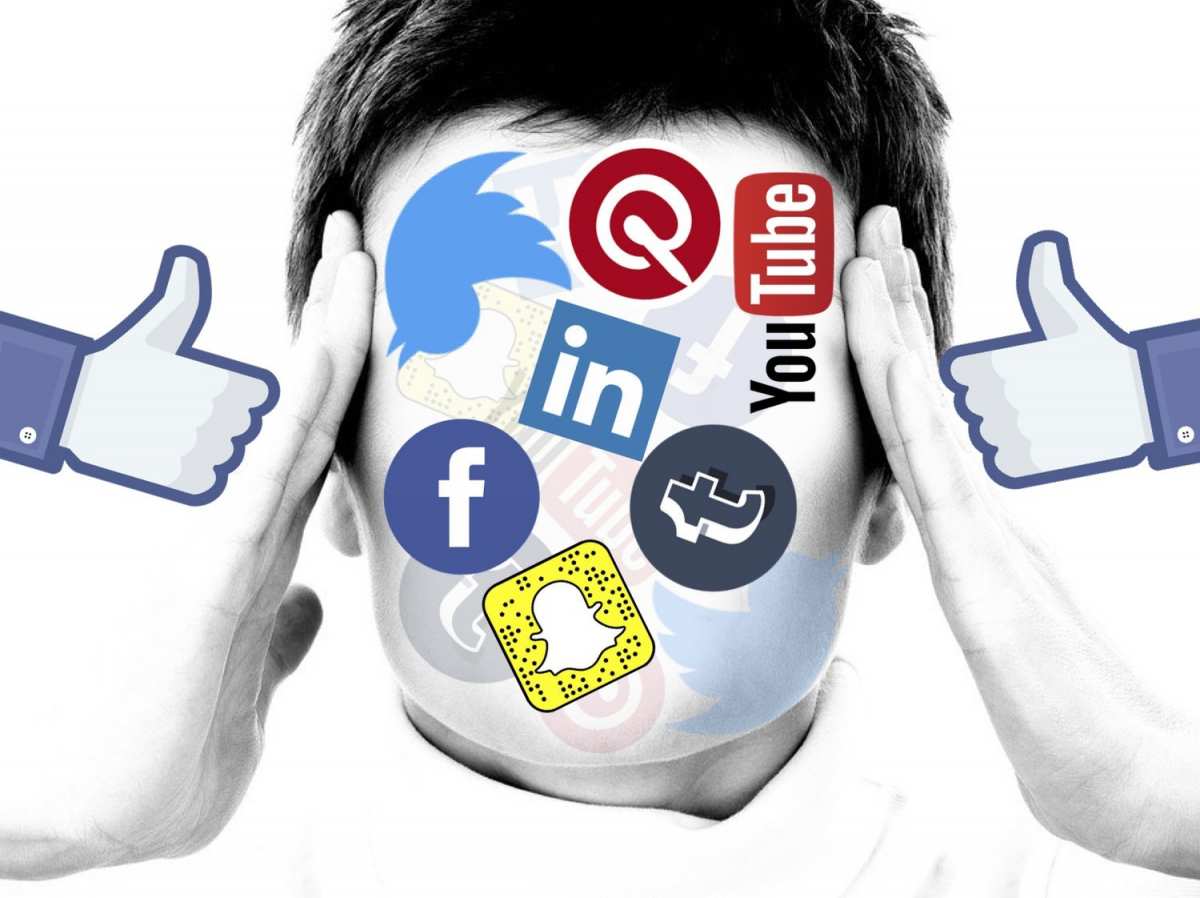
Study Reveals Startling Impact of Social Media on Mental HealthStudy Reveals Startling Impact of Social Media on Mental Health A recent study has shed light on the profound impact that social media can have on our mental well-being. Conducted by researchers at the University of California, Berkeley, the study found that individuals who spend excessive time on social media are more likely to experience symptoms of depression, anxiety, and loneliness. Key Findings of the Study: * Increased Depression and Anxiety: The study found that individuals who spent more than two hours per day on social media were 5% more likely to experience symptoms of depression and 4% more likely to experience symptoms of anxiety, compared to those who spent less than 30 minutes per day. * Decreased Subjective Well-Being: Social media users who spent more time on these platforms also reported lower levels of subjective well-being, including decreased happiness and life satisfaction. * Enhanced Feelings of Loneliness: The study revealed that excessive social media use was associated with increased feelings of loneliness, particularly among those who used social media passively (e.g., scrolling through feeds) rather than actively (e.g., posting, messaging). Mechanisms Underlying the Impact: Researchers suggest that several mechanisms may underlie the negative impact of social media on mental health: * Social Comparison: Social media exposes users to a constant stream of curated and idealized content, which can lead to feelings of inadequacy and low self-esteem. * Fear of Missing Out (FOMO): The constant bombardment of updates from friends and acquaintances can create a sense that others are experiencing more fulfilling lives, fostering feelings of anxiety and loneliness. * Cyberbullying and Harassment: Social media platforms can be breeding grounds for cyberbullying and harassment, which can have devastating effects on mental health. * Addiction: Social media can be highly addictive, with users feeling compelled to check their feeds and notifications constantly. This can disrupt sleep, work, and relationships. Implications for Mental Health Professionals: The findings of this study highlight the importance of considering social media use when assessing and treating mental health concerns. Mental health professionals should: * Educate patients: Inform patients about the potential risks of excessive social media use and encourage balanced usage. * Monitor social media use: Ask patients about their social media habits and identify those who may be at risk for negative mental health outcomes. * Explore alternative coping mechanisms: Help patients develop alternative ways to manage stress, anxiety, and loneliness, rather than relying solely on social media. Conclusion: The study reveals the startling impact that social media can have on our mental health. Individuals who spend excessive time on these platforms are more likely to experience depression, anxiety, loneliness, and decreased subjective well-being. Mental health professionals should be aware of this impact and work with patients to mitigate the potential risks while promoting healthy social media use.
Posted inNews